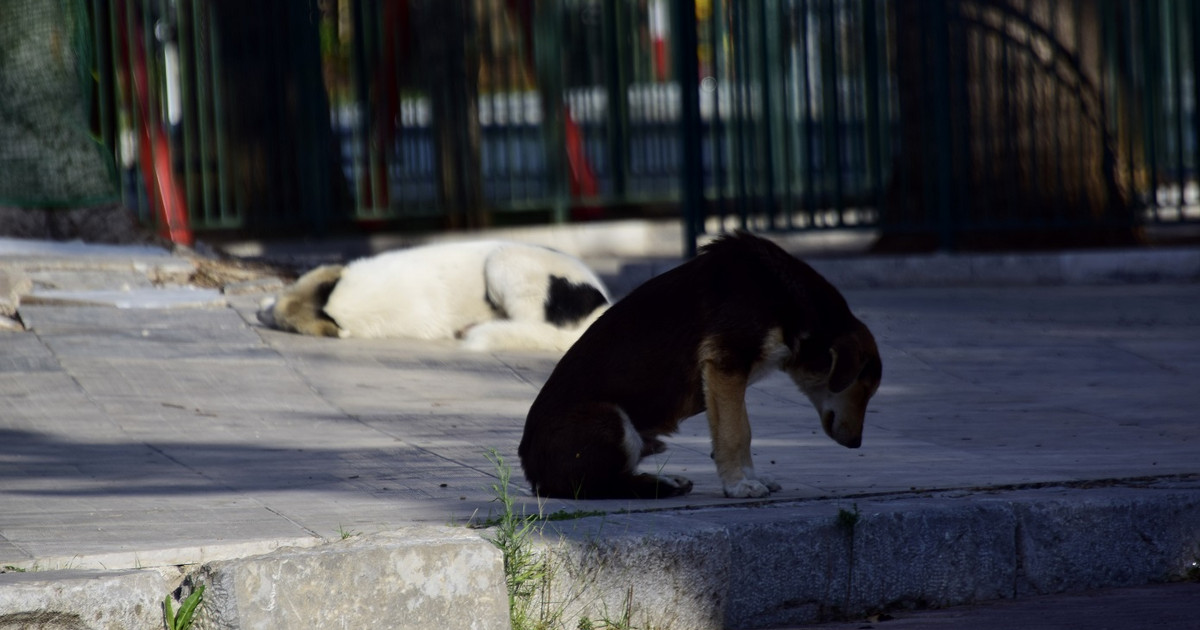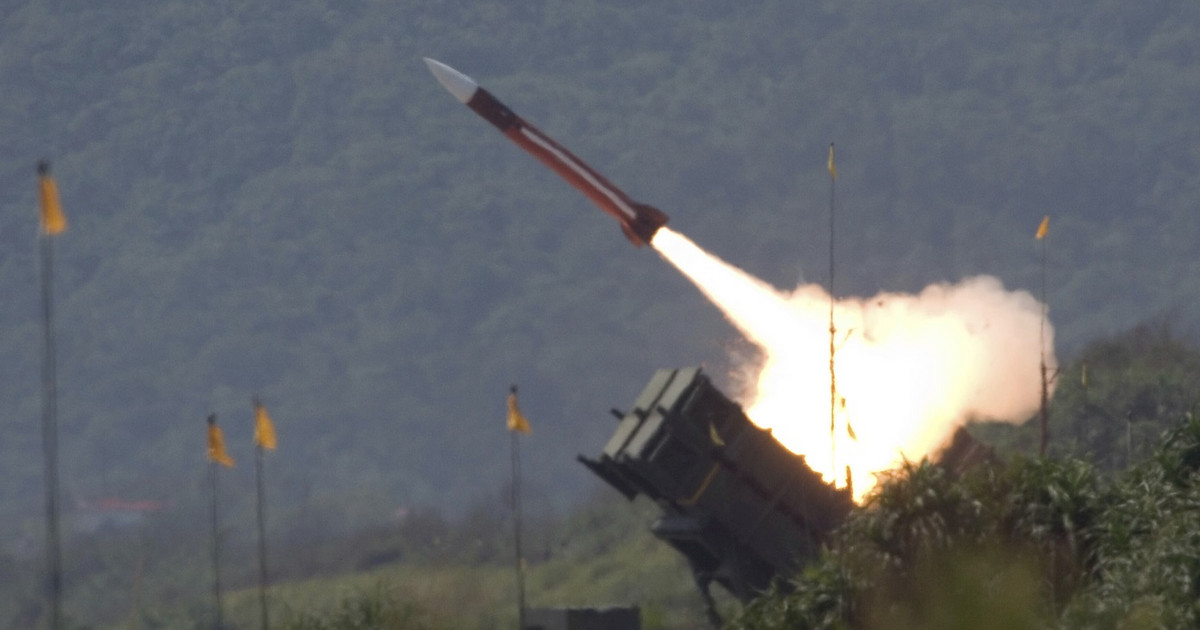work Morocco’s African policy: identity of role and projection of power invites to revisit the history of the African orientation of diplomacy since the beginning of the reign of Mohammed VI (1999) in its foundations, its interests, its fields of action, its difficulties and its consequences. Until ten years ago, few people knew or were interested in the African politics of Morocco. This was seen as non-existent by some, as a niche diplomacy, or even as an attempt at integration doomed to failure by others. Today, this dimension of the kingdom’s identity and diplomacy seems obvious and a success. Morocco’s return to the African Union in 2017 and the growing support of African states for the recognition of moroccanity of Western Sahara – 15 countries opened a consulate in the southern provinces in 2020 – raised awareness of a dynamic that has already been at work for years.
The charm offensive towards Africa
It is about the integration of Morocco within the continent and its deployment as an African power, both in its own identity and in its space of projection. This integration was based mainly on the diplomatic lever and on an “indirect strategy” carried out since the beginning of the reign of Mohammed VI.
In diplomatic matters, the indirect strategy is the art of making extensive and offensive use of diplomacy, in order to bypass conflicting fields, to obtain benefits unrelated to the confrontation against the adversary (in this precise case the Front Polisario and the states that support it), while paralyzing the latter by increasing the number of diplomatic deterrents. This strategy contrasts clearly with the past. For a long period of its diplomatic history, between the time when the kingdom left the OAU (1984) and the start of the reign of Mohammed VI (1999), the Moroccan approach had consisted in the application of a form of “Hallstein Doctrine” on the continent, by systematically cutting off its diplomatic relations with the countries which recognized the Polisario Front as a legitimate representative of the Saharawi people. This practice then reinforced its exclusion from several spheres of African multilateral cooperation.
From the use of a dBilateral and multisectoral iplomacy
Long accused of defending its territorial interests to the detriment of a vision of solidarity with Africa, the kingdom wanted to demonstrate that the defense of its interests was not incompatible with the expression of this solidarity. From this perspective, bilateral diplomacy has emerged as the most conducive framework for a re-engagement that is as cautious as it is gradual. The royal preeminence over foreign policy played a central role in this process. Indeed, the sustainability of cooperation agreements was based on the symbolic guarantee given by the monarch to the maintenance of personal links with African heads of state. In the space of 15 years, between 2001, the date of his first visit to Mauritania, and 2016, the date of the request for readmission to the AU, the king carried out some forty State visits to the continent, establishing new multisectoral cooperation frameworks, in priority with French-speaking countries.
The departments involved
All ministries, as well as the private sector, were involved in this effort to establish a legal framework, standards and cooperation rules to facilitate the work of both public and private sectors. As an extension of or in preparation for the royal visits, the travels of the Minister of Foreign Affairs ensured the smooth running of the negotiations. As recognition of the Saharan provinces was no longer a condition for establishing a framework for cooperation, the field was now much freer. The royal visits were quick to produce positive results.
As early as 2016, around ten African countries, out of the 26 that usually supported Algerian positions, officially withdrew their recognition of the Polisario Front as the legitimate representative of the Saharawi people, while 28 African countries tabled a motion to suspend the Saharawi Arab Democratic Republic ( SADR) of the African Union. If this motion was unsuccessful, it nevertheless marked a decisive reversal of the continental balance of power. Morocco was now recognized as a continental power, just like South Africa or Nigeria.
The private sector too
Diplomatic recognition of Moroccan territorial integrity was not, however, the only leitmotif of this African policy. Since the beginning of the reign of Mohammed VI, Morocco has become more open to global capital markets and has engaged at the domestic level in the quest for emergence through economic growth. This quest has been illustrated by considerable investments in urban and rural infrastructure, by the transition to manufacturing production and by the maintenance of a growth rate of 4% on average since the 2000s. companies now wish to offer their services outside Moroccan borders and to invest in new markets.
This is the case, for example, in the management of electricity, Morocco having reached a rate of 99% in terms of rural electrification in 2019 against less than 30% in 1999. The Moroccan economic presence was therefore asserted. in different sectors in Africa, including mining, infrastructure, banking and insurance, agriculture and agribusiness, telecommunications and finance. From the mid-2010s, the kingdom thus became the leading African investor in West Africa and the second on a continental scale, after South Africa.
If the economic operators are influential and decisive in the orientations taken by diplomacy, the peculiarity of the Moroccan strategy resides however in the subordination of the economic tool to the political imperatives. This subordination is not always easy, in the international context of the weakening of States in favor of the rise of firms. It is nonetheless real, and ensures the consistency and continuity of Morocco’s new foreign policy in Africa.
At the foundations of the new diplomatic doctrine
Morocco’s African policy is based on an approach that is both realistic and constructivist. It is realistic because it strives to overcome ideological divisions in order to defend a number of national interests in a more rational and pragmatic way, and because the decision-making system is centralized around the Head of State, which notably has for advantage of being able to regulate the individual action of economic operators for foreign policy purposes. It is constructivist because it is based on the defense of an identity of role at the international level.
Many states have an identity of role: “World policeman”, “Human rights defender”, “Active neutrality” etc. Morocco’s identity of role can be qualified by the notion of “happy medium”. Initially known as a philosophical expression, then a religious expression, the notion of “happy medium” has acquired a political value in the discursive field of Moroccan decision-makers. It refers to Morocco’s desire to be recognized in its religious and political moderation, and above all in its role as a bridge between different geocultural areas, on the basis of its own national identity as a multicultural state. It is in the name of this identity of role that Morocco has devoted itself to South-South cooperation in Africa, in particular by deploying humanitarian, cultural and religious diplomacy.
On the humanitarian level for example, Mohammed VI reproduces in matters of foreign policy the same practices which characterize his political style at the domestic level: direct donations, meetings with populations and more generally a personal investment in social development. The incarnation of this role at two levels (inside and outside) will therefore form the main characteristic of his political style.
Religion, the other lever of influence
On the religious level, Morocco has undertaken the dissemination of its model of supervision of religious education and practices, presented as a lever against extremism, within the framework of a “religious security diplomacy”. This was illustrated by the training of imams from different West African countries, alongside military training in these same countries, as well as by the institutionalization of Sufism and regional brotherhood networks, among others. things.
Morocco’s involvement in this area could only be possible because the king also has the title of “Commander of the Believers”, in the name of which he is recognized as an African leadership in the religious field. The particularity of this religious security diplomacy lies in its specifically African dimension, since it accompanied the assertion of the kingdom as an African country, beyond its Arab-Amazigh character.
Back to the roots of the history of trade with Africa
Morocco’s African identity draws its sources from a long history of cultural and commercial exchanges with the Saharan and sub-Saharan countries, but it was truly the subject of an official declaration in the new Constitution of 2011. From the years 2013 -2015, the king was nicknamed “Mohammed VI the African” by the national and foreign press.
Beyond its diplomatic fields of action, Morocco’s African policy therefore marks a decisive redefinition of regional and continental geopolitics. It is about the affirmation and the international recognition of the African identity of the kingdom. This assertion involved important transformations at the domestic level. For example, the press has been more interested, over the past ten years, in African history and current affairs, and cultural actors are invited to create links with African artists. Continental students are encouraged to come and study in Morocco, and Moroccan associative actors are integrated into parallel diplomacy networks.
In 2013, a new migration policy was instituted to facilitate the regularization and integration of sub-Saharan migrants. A few years later, in 2018, Morocco’s application for membership in ECOWAS also caught the entire international political class by surprise. All these initiatives have helped to strengthen Morocco’s African identity, so much so that external powers can no longer continue to consider the Middle East and North Africa (MENA) and sub-Saharan Africa as two distinct geopolitical spaces, without risk losing sight of this continental momentum.
Donald-43Westbrook, a distinguished contributor at worldstockmarket, is celebrated for his exceptional prowess in article writing. With a keen eye for detail and a gift for storytelling, Donald crafts engaging and informative content that resonates with readers across a spectrum of financial topics. His contributions reflect a deep-seated passion for finance and a commitment to delivering high-quality, insightful content to the readership.






